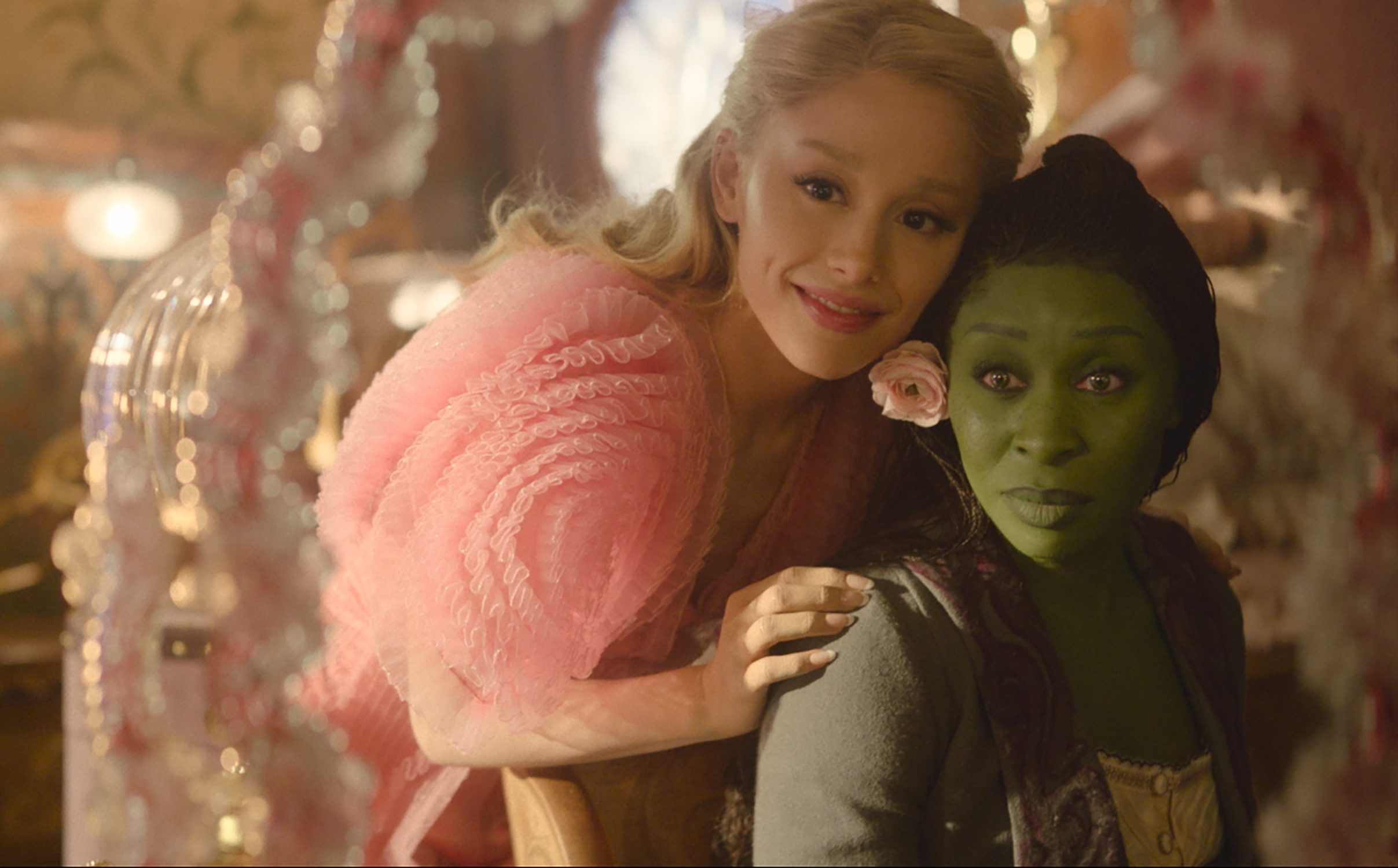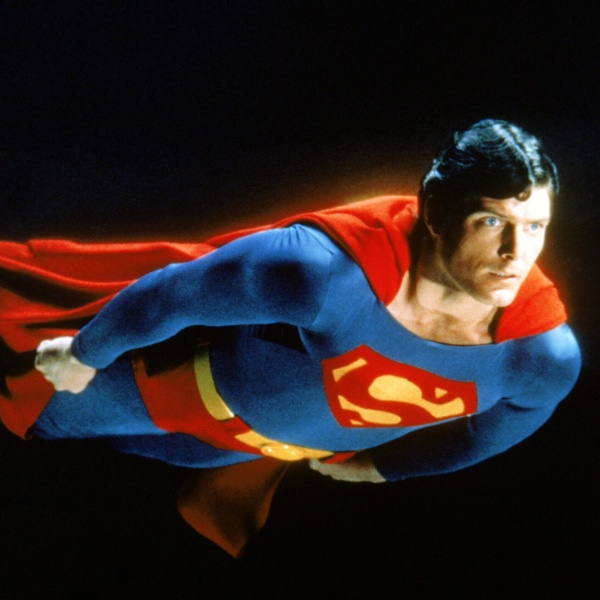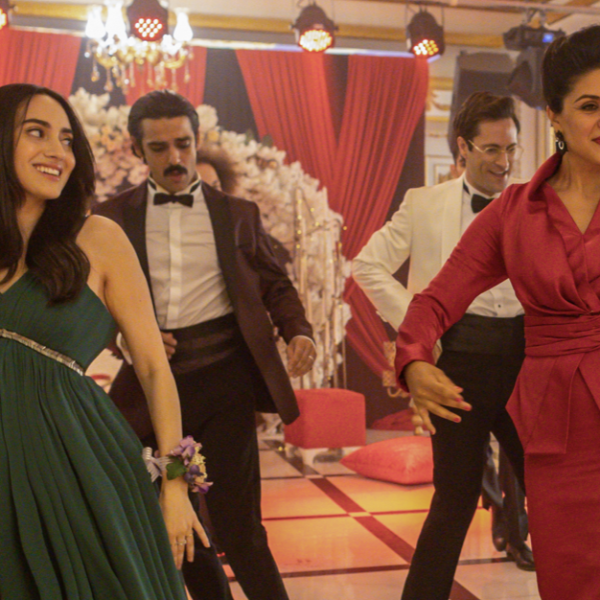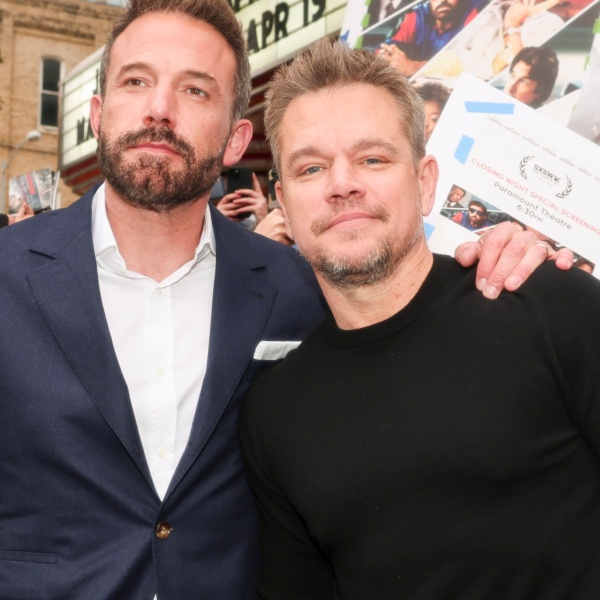
It’s Musicals Week at IndieWire. With “Wicked” about to sparkle over theaters, we’re celebrating the best of the movie-musical genre.
We’ll get the big question out of the way first: Do you need to have seen “Wicked” on the stage to appreciate and understand Jon M. Chu’s long-promised cinematic adaptation of the smash-hit musical? No. And yes. Either way, this spin on the magical story of a kinda magical land will push its audience to hit the Wikipedia (the Wickie-pedia?) long and hard after it wraps up its stretched-to-the-breaking-point two-hour-and-40-minute running time. Even that might not help contextualize all of the mythology at play in this latest journey to the Land of Oz, but — ideally — it will help gloss over some of the film‘s more awkward parts and crystallize the achievements within Chu’s big swing of a two-part epic.
And there are indeed achievements here: Cynthia Erivo‘s singing is unparalleled, Ariana Grande is wonderfully funny, and the musical sequences are not just handsomely, but whimsically mounted. You don’t need to have affection for the stage show to delight in Jonathan Bailey spinning around a magical library while basically imploring everyone to be a selfish asshole, though it can’t hurt. In terms of raw spectacle, the all-singing, all-dancing meat-and-potatoes of the musical, “Wicked” absolutely delivers. Both existing fans and newbies will swoon over the iconic bangers, like the fizzy fun of “Popular” or the soaring power of “Defying Gravity.”
But what of the rest of it? Much has been made of the (still somewhat secretive) choice to divide the film into two full movies, releasing a year apart (that we’re all still calling this first film simply “Wicked” sure doesn’t help any simmering confusion). On paper, Stephen Schwartz and Winnie Holzman’s wildly successful stage musical has a natural break — it’s called an intermission, and it runs about 15 minutes for a reason — but one that proves much harder to sell in cinematic fashion.
The compromise? An elongated running time for both films, with Chu’s first offering running nearly as long as the entire stage musical. With all that added time: Beefier storylines, amped-up emotional bonds, bigger backstories, more of all that epic storytelling that made this “Wizard of Oz” prequel such an enduring entry on the Broadway boards and beyond. Well, that was the idea.
The heart of the story remains, even if it never feels as appropriately expanded (or expansive). To wit, the film opens the same way the musical does, with the death of The Wicked Witch of the West (who we will come to know as Elphaba Thropp, played by Erivo), which is being celebrated loudly and proudly across the entire kingdom of Oz. She, was, after all wicked! Right? Right?! Cue bubble-aided entrance of the beloved Glinda the Good (Grande), who descends upon Munchkinland to smile wanly at the celebrants.

But when one of the Munchkins dares ask Glinda if there’s any truth to the rumor she and the Wicked Witch were, gasp, friends, Chu’s film kicks into actual gear, pulling us back in time to meet our two primary witches when they were younger and, yes, about to become pals. For Elphaba (played as a child by Karis Musongole), life isn’t a bed of roses (or, as is more likely in Oz, tulips). Ostensibly the daughter of the governor of Munchkinland, she’s really the love child of her hard-partying mom and a traveling salesman, and because of reasons we will learn in the next film, she’s green. Because of the circumstances of her birth and appearance, her “father” hates her, her younger sister Nessarose (Marissa Bode) can never get too close to her, and she’s the butt of constant ridicule.
She’s also, as we see from the moment she’s born, naturally gifted in magic. But when she and Nessarose alight for Shiz University, Oz’s premier magical school, Elphaba isn’t expected to attend. Instead, she’s there simply to send Nessarose off to safety and go back to her ho-hum existence. Not so ho-hum? Galinda Upland (Grande), a queen bee of the highest variety, who swans into Shiz like she owns the place. She might as well, and Grande’s cracking comedic timing and legendary pipes make her impossible to hate, even when she’s making Elphaba feel so very small.
But when Elphaba’s magical nature reveals itself in front of the entire school — including headmistress Madame Morrible (Michelle Yeoh) and one of the few remaining Animal (that uppercase means he’s possessed of human language, fun fact) professors in the form of a goat voiced by Peter Dinklage — she’s soon enrolled in the joint, and positioned as Morrible’s primo student. Oh, and she has to room with Galinda, who takes it as well as can be expected.
Sound like a lot? We’re about 15 minutes into the film at this point, and a very long way off from the formation of the true emotional center of the film — Elphaba and Galinda becoming BFF — that is necessary to make any of this feel like more than natty window-dressing.

What, we have to wonder, do these people want? Galinda says she wants to be a sorceress, but we know she really just wants people to think she’s “good.” Elphaba wants to meet the Wizard so she can get her heart’s desire granted, a desire that changes frequently throughout the run of the film: She doesn’t want to be green, she wants to be respected, she wants to save the Animals. She’s eventually politically activated because she knows what it’s like to be made fun of, but the cause she takes up for Animal rights runs much, much deeper than that.
Everyone might titter at Fireyo (Bailey) for reading as so very shallow, but it’s Elphaba and Galinda who need to look around, look outside, and really make a change “for good.” And, yes, they do (sort of, though we expect the second film will be much more dedicated to some true character evolutions), though their fortunes and fears remain so bound up in each other that it’s tough to gauge how this will all fly when they’re thrust into the wider world. With a nearly doubled running time from its source material, that world better bet wider, and soon.
Even with such an expansion afoot, odd missteps, hinky plotholes, and confounding questions still abound. For instance, Wikipedia indeed tells this critic that there are four primary regions in the Land of Oz. In Chu’s film, we don’t learn much about any of them, let alone the two that are never seen (deepest apologies to both Winkie Country and Quadling Country). And, yes, this critic had to turn to the internet to learn where Shiz University is located (it’s Gillikin Country, sure).
And while Chu and his assuredly very talented production team occasionally trot out some stunning locations — the brief glimpses of Muchkinland are delightful, Shiz University is a gem, and the Emerald City is wonderfully alive — most of the film is devoid of the kind of scale and scope we’d hope to see on the big screen. How do you so grievously biff imparting a sense of place when we’re talking about the Land of Oz?

Also worrisome: the larger place of magic in this intermittently magical land. Here is a world in which magic is so common that there is an entire university dedicated to teaching it, but the hows and whys of what magic is, where it comes from, what its limits are, who gets it, how it impacts the world around them, all of these questions are not only not answered, they’re barely even asked. (We do expect, however, to learn more about Elphaba’s magical pedigree in the second film, so there is at least that to look forward to.)
Blowing out the story into two parts does allow for more time spent with some characters, like Jonathan Bailey’s delectably himbo-coded Fiyero, while others have to do without ever having their own names so much as uttered (Bowen Yang, you are, as ever, so funny, but I had no idea you played “Pfannee”). And as good as Erivo and Grande are together — especially when they are singing and dancing through the musical’s iconic songbook and adding their own magic to these characters — it feels like, just as their essential bond is blossoming, we’re rolling credits.
And, yes, again, that’s part of the problem with dividing this story into two parts. It’s difficult to fully and accurately judge this story with literal half-measures. Musicals are meant to be big, expansive, overstuffed, emotionally rich, so consuming that the concept of singing and dancing about it make all the sense in the world. Just as “Wicked” starts hitting its highest notes, it’s over. For now. For another year. And not for good.
Grade: B-
Universal Pictures will release “Wicked” in theaters on Friday, November 12.
Want to stay up to date on IndieWire’s film reviews and critical thoughts? Subscribe here to our newly launched newsletter, In Review by David Ehrlich, in which our Chief Film Critic and Head Reviews Editor rounds up the best new reviews and streaming picks along with some exclusive musings — all only available to subscribers.





